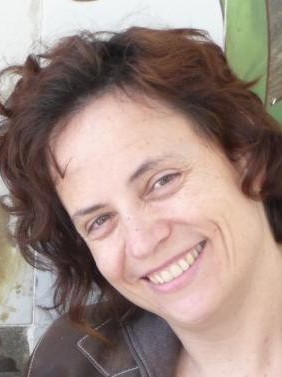resumo
SAo Tome and Principe archipelago in West Africa is a Small Island Developing State facing acute waste management problems. This article describes the implementation of selective collection of biowaste combined with composting in SAo Tome, as a case-study of an innovative action in the framework of a Small Island Developing State. Collection was designed to gather 225ty(-1), targeting non-domestic biowaste producers, namely local businesses, municipal markets and municipal green waste. A municipal composting plant was built using basic facilities and windrow composting. The total investment amounted to Euro50,000, mainly supported by external aid. Biowaste producers reacted very positively, source segregating enthusiastically. Irregular service - collection collapsed each time the old vehicle was repaired - together with political disengagement and unmotivated work force were the major constrains. Biowaste was intermittently delivered to the composting plant and yielded 2t of compost from July to December 2013 and 10t during 2014. Compost was sold as organic fertiliser to a touristic resource, to small farmers and to gardeners, at a market price slightly below production costs, meaning the process is not economically sustainable without support. Nevertheless, biowaste is one of the few waste fractions (other than glass) that can be turned into a product that has both market value and a real demand, showing the enormous potential of composting source-separated biowaste in this part of the world.
palavras-chave
WASTE MANAGEMENT
categoria
Engineering; Environmental Sciences & Ecology
autores
Vaz, JM; Ferreira, JS; Dias-Ferreira, C
nossos autores
Grupos
agradecimentos
The authors disclosed receipt of the following financial support for the research, authorship, and/or publication of this article: This work was supported by the European Union and by Camoes - Instituto da Cooperacao e da Lingua, I.P. [Project 'Descentralizacao e participacao comunitaria na gestao dos RSU da cidade de S. Tome, FASE II']


